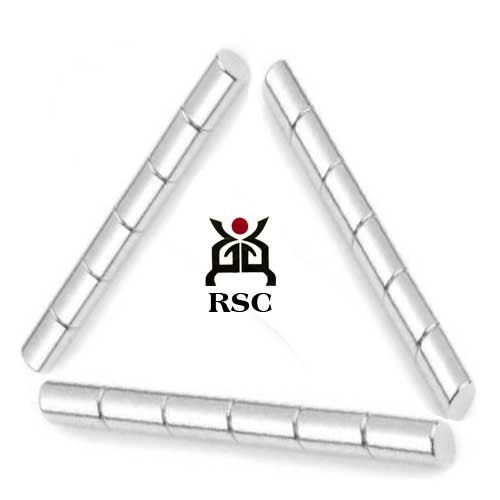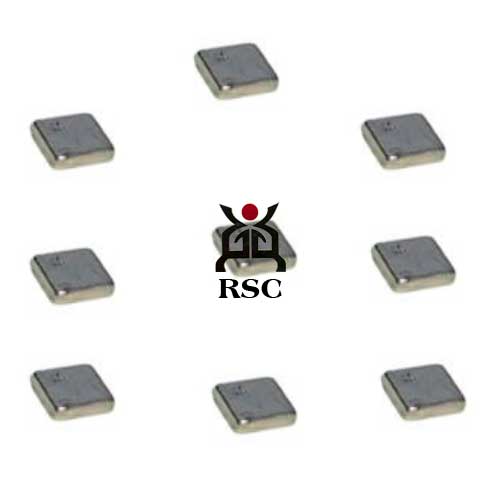What does a magnet do?
2016-01-29 16:47:57
Magnets do the following things:
Attract specific materials –, for example, iron, nickel, cobalt, certain steels and different compounds;
Apply an appealing or shocking power on other magnets (opposite poles attract, like poles repel);
Affect electrical conductors when the magnet and transmitter are moving in connection to one another;
Affect the way taken by electrically charged particles going in free space.
Taking into account these impacts, magnets change vitality starting with one shape then onto the next,
with no loss of their own energy. Cases of magnet capacities are:
with no loss of their own energy. Cases of magnet capacities are:
A. Mechanical to mechanical –, for example, fascination and aversion.
B. Mechanical to electrical –, for example, generators and mouthpieces.
C. Electrical to mechanical –, for example, engines, amplifiers, charged molecule redirection.
D. Mechanical to warm –, for example, swirl current and hysteresis torque gadgets.
E. Enhancements –, for example, magneto-resistance, Hall impact gadgets, and attractive resonance.


neodymium magnets neodymium magnets


neodymium magnets neodymium magnets




 Copyright © 2016 Shenzhen City Ri Shengchang Magnet Technology Co., Ltd All Rights Reserved.
Copyright © 2016 Shenzhen City Ri Shengchang Magnet Technology Co., Ltd All Rights Reserved.